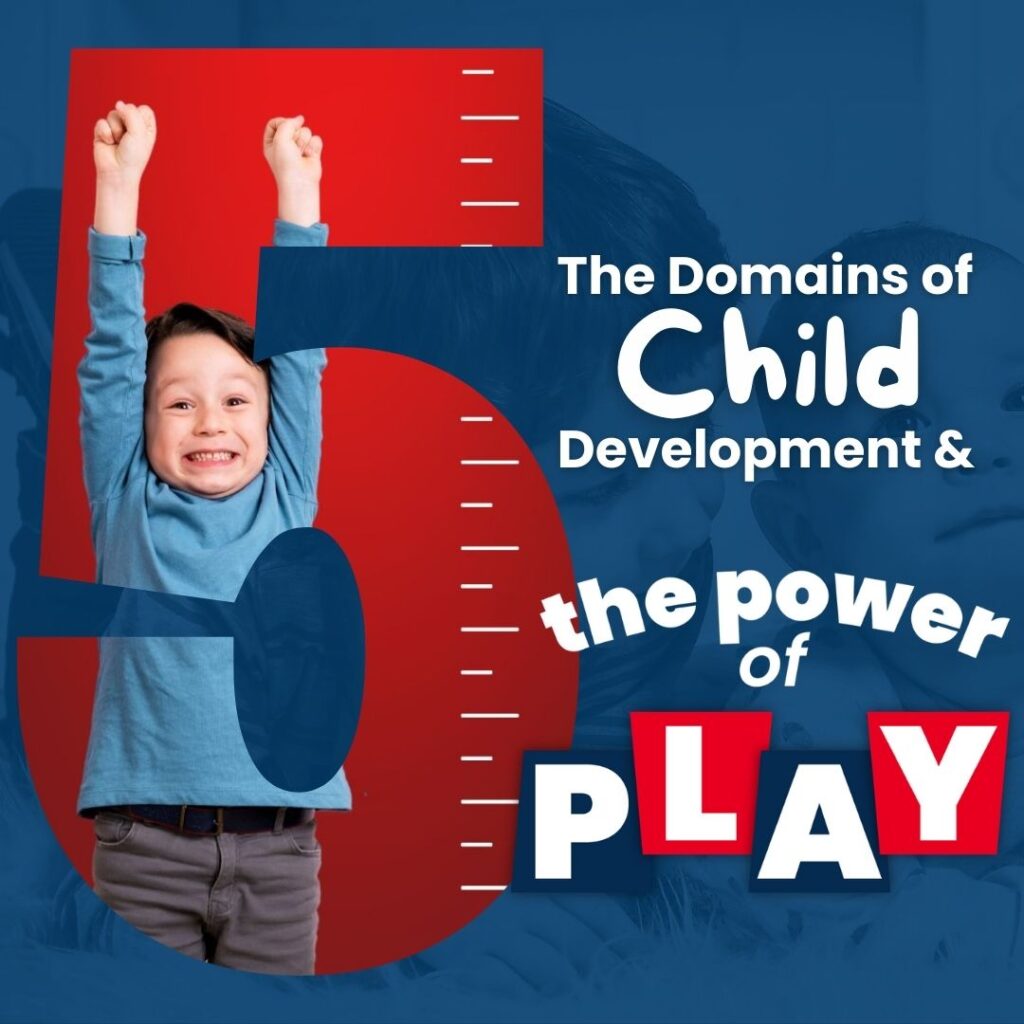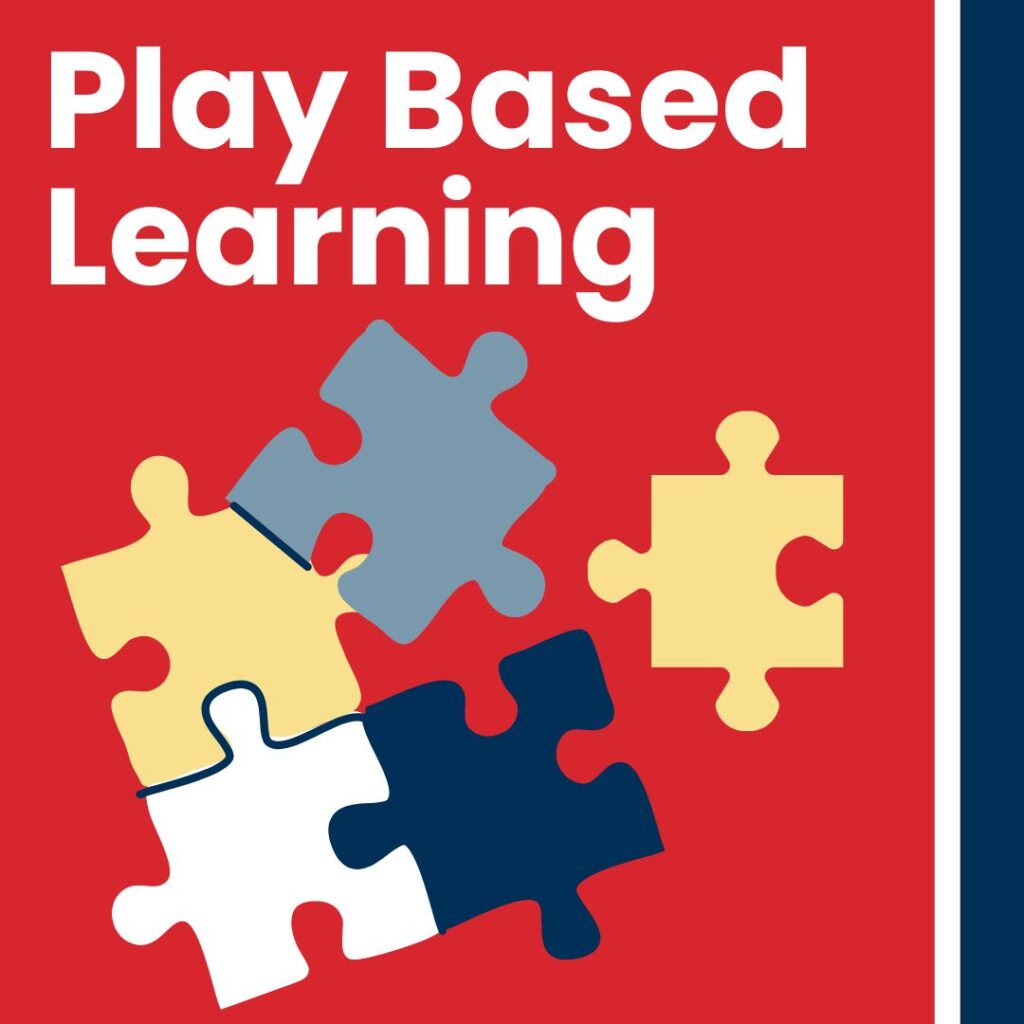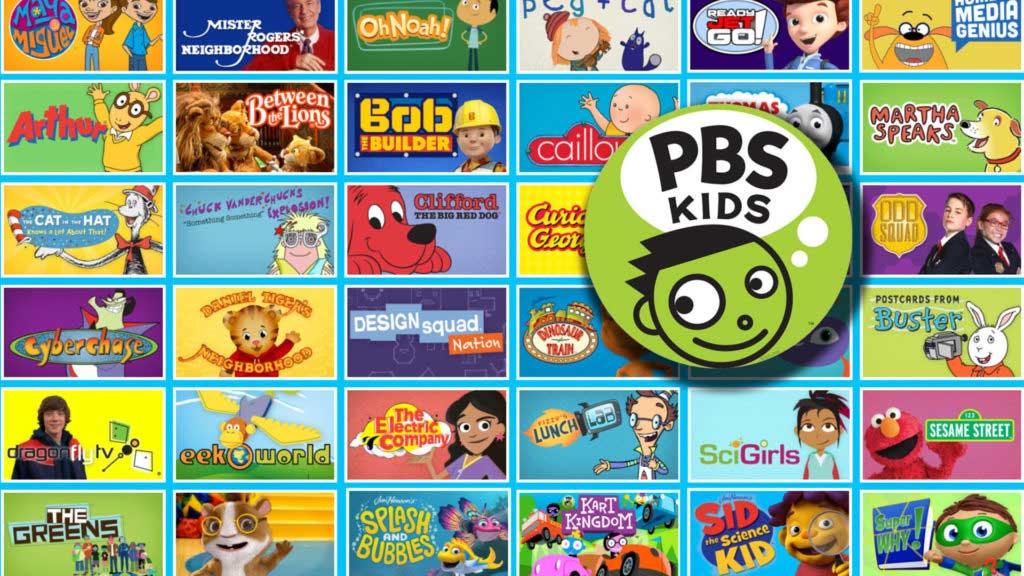Summertime provides children a welcome break from the classroom. Summer vacations means fun – playtime with friends, family gatherings, adventure and lazy days.
But when children spend two or more months away from the regular exercise of learning they are at risk of the “summer slide.” Kids not exposed to ongoing summer learning, such as reading and solving math problems, can lose anywhere from one to three months of what they learned in the previous grade. When that happens, children start the next year playing catch up. If they suffer the slide continually in the early years, it creates a potentially life-long problem. We already know that children who are not reading proficiently by third grade tend to stay behind in future grades, and that they are four times less likely to graduate from high school.
The summer slide is especially devastating to children from low-income families. Summers without academic practice contribute to the big achievement gap that exists between disadvantaged kids (who qualify for free or reduced lunch) and their more advantaged peers.
The good news is, there are many fun and enriching educational experiences parents, families and communities can do to halt the summer slide. We organized a few of our favorite recommendations here for parents of toddlers to second graders.
Read, read, read
Reading is the single most impactful activity for young children in the summer. A summer reading program helps maintain and advance reading and language comprehension from one grade to the next grade.
Recognizing this fact, Governor Bill Lee recently committed $5 million to the Read to be Ready summer camps for rising 1st through 3rd graders as a feature of Tennessee’s efforts to help young kids a strong start.
Schools and local libraries offer reading programs and resources so that children can read grade-level books throughout the summer. Make it a family effort – with siblings, parents and relatives devoting regular time to reading and reading aloud to young children.
Numerous free options abound. Dolly Parton’s Imagination Library sends a free, grade-appropriate book every month to children from birth to age 5. Several websites offer free, online PDFs of children’s books and bookstores such as Barnes & Noble provide children with free books as part of sponsored summer reading programs.
Embrace family time
Visit one of Tennessee’s many public libraries or museums as a family. Challenge your child to think about what they learned from the experience by describing interesting details of what they learned or what they still want to know. Ask them questions that stretch their thinking, such as “Why do you think that?” or “What would happen if…?”
Cook together and have the children reference the recipes and make shopping lists using their creativity and emerging writing skills, even if they are only able to draw pictures and “scribble”. Each one of these early steps prepares them for writing in school.
While at the grocery, challenge your children to find items on the shelves by looking for the first letter in the title or a picture of the item. Ask children to guess how many pasta shells are in a box or ask them questions about what they notice – like the cold and warms parts of stores. Shopping can be one of the most enriching learning activities for young children!
Whatever you do, make it fun and interactive. Your child will enjoy new adventures, especially if they are with the people they love most in this world – their parents and families.
Encourage play
Although it might be hard during the long summer days, families can halt the summer slide by limiting screen time. Replace it with activities such as an art project, a nature scavenger hunt or free play outside with peers.
Encourage your kids to play consistently and often with other children. Oral language between children of similar and different ages contributes significantly to their reading comprehension and vocabulary, as well as their social-emotional skills – all of which will prepare them for the grade that lies ahead in the fall.





